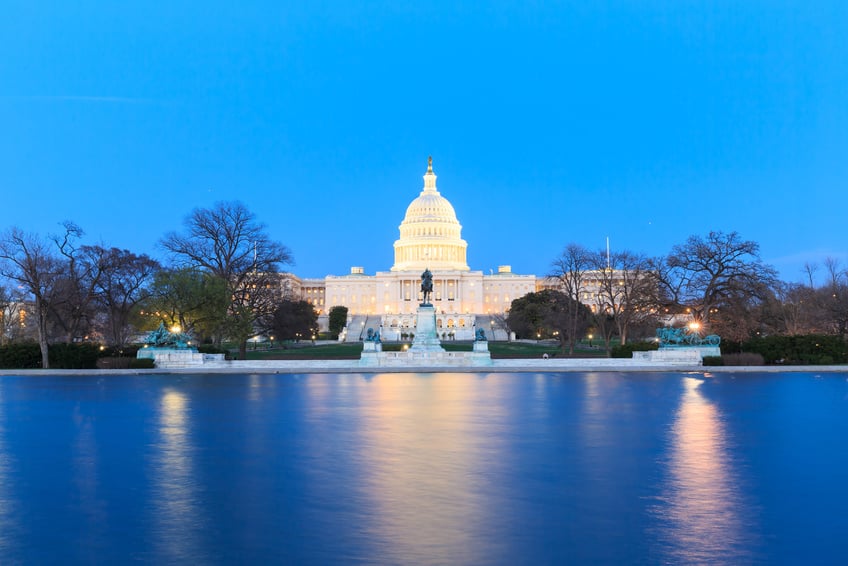On November 17, 2020, the US Department of Commerce’s Bureau of Industry and Security (“BIS”) issued a final rule (“Final Rule”) amending and clarifying certain provisions of the Export Administration Regulations (“EAR”) to make them consistent with the Export Control Reform Act of 2018 (“ECRA”). The Final Rule also amends certain provisions of the EAR (not strictly concerning ECRA implementation) regarding the issuance of export licenses and denial orders and the payment of civil penalties. For more information about ECRA, please review our prior blog posts here and here.
Revisions to EAR Provisions Related to ECRA Implementation
The Final Rule amends the EAR to reflect the expanded enforcement authorities of the Secretary of Commerce and update certain provisions to make them consistent with ECRA. Such amendments include:
- Replacing references to the Export Administration Act of 1979 (“EAA”) with references to ECRA and other export laws and regulations
- Amending the EAR’s Enforcement Provisions: The revisions to the EAR reflect the expanded scope of authority provided to the Secretary of Commerce in ECRA and also implement the following enforcement tools:
- Pre-license checks (PLCs) and Post-Shipment Verifications (PSVs): The Final Rule clarifies BIS’s authority to conduct PLCs and PSVs outside of the United States. In addition, the results of PLCs, when available, will be communicated to licensing officials within existing timeframes governing the conduct of PLCs and considered in determining the outcome of a license application.
- Inspection of Books, Records, and Other Information: The amended EAR provisions reflect that ECRA gave BIS clear authority to request production or inspect books, records, and other information kept pursuant to the EAR by both persons located in the United States and outside the United States.
- Overseas investigative authority; searches, inspections, detentions, and seizures, and related authorities concerning exports, reexports, and transfers (in-country): The Final Rule amends and renames several EAR provisions to address the Secretary of Commerce’s expanded authority to conduct export enforcement investigations both within and outside the United States under ECRA and ability to enforce EAR provisions that restrict the activities of US persons in connection with certain weapons of mass destruction-related end uses described in EAR Section 744.6.
- Violations and Penalties under ECRA: BIS made multiple amendments to the EAR to align provisions with ECRA while retaining certain EAA provisions that remain in force. In addition, Supplement No. 1 to EAR Part 764 was amended to include a prohibition on transfers (in-country) to, or on behalf of, a denied person in the terms of a standard denial order.
Additional Revisions to the EAR’s Enforcement Provisions
The Final Rule also amends and clarifies certain EAR provisions unrelated to ECRA implementation. These amendments include:
- Clarification that any license obtained based on a false or misleading misrepresentation or the falsification or concealment of a material fact is void as of the date of issuance.
- Revision to the maximum time period for payment of civil penalties, as a condition of receiving certain privileges under the EAR, from one year to two years.
- Revision to clarify when the US Department of State’s Directorate of Defense Trade Controls may not issue licenses, or may deny licenses, involving certain parties indicted for, or convicted of, violations of certain statutes specified in the Arms Export Control Act.
- Clarification that the Director of the Office of Export Administration is the designated BIS official for the issuance of certain orders, notifications, and authorizations.




